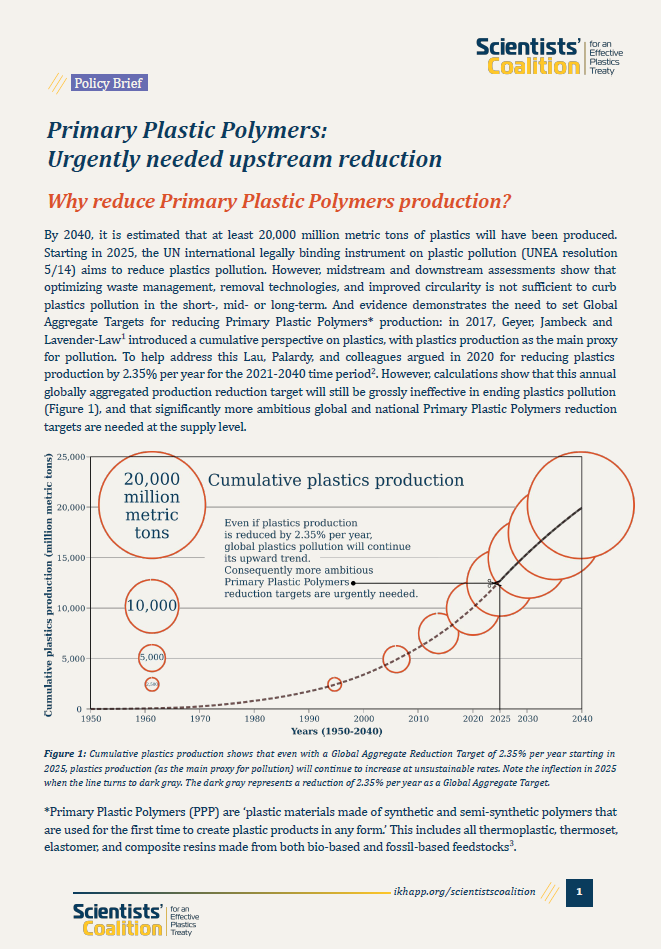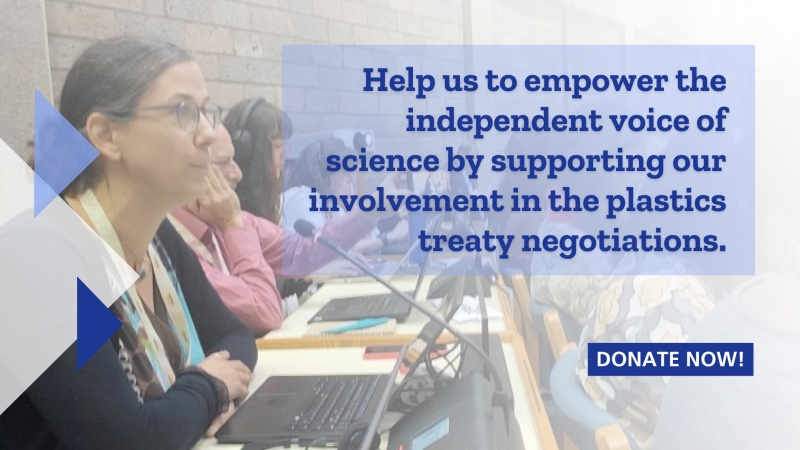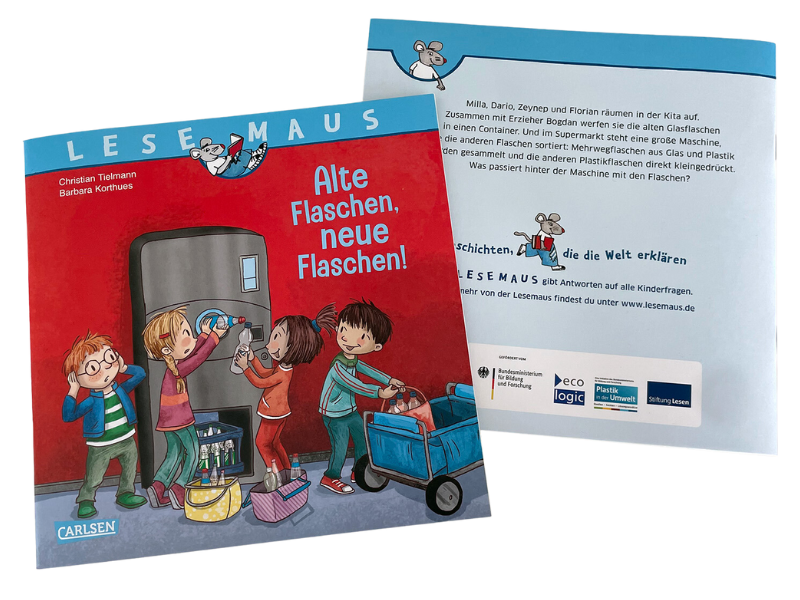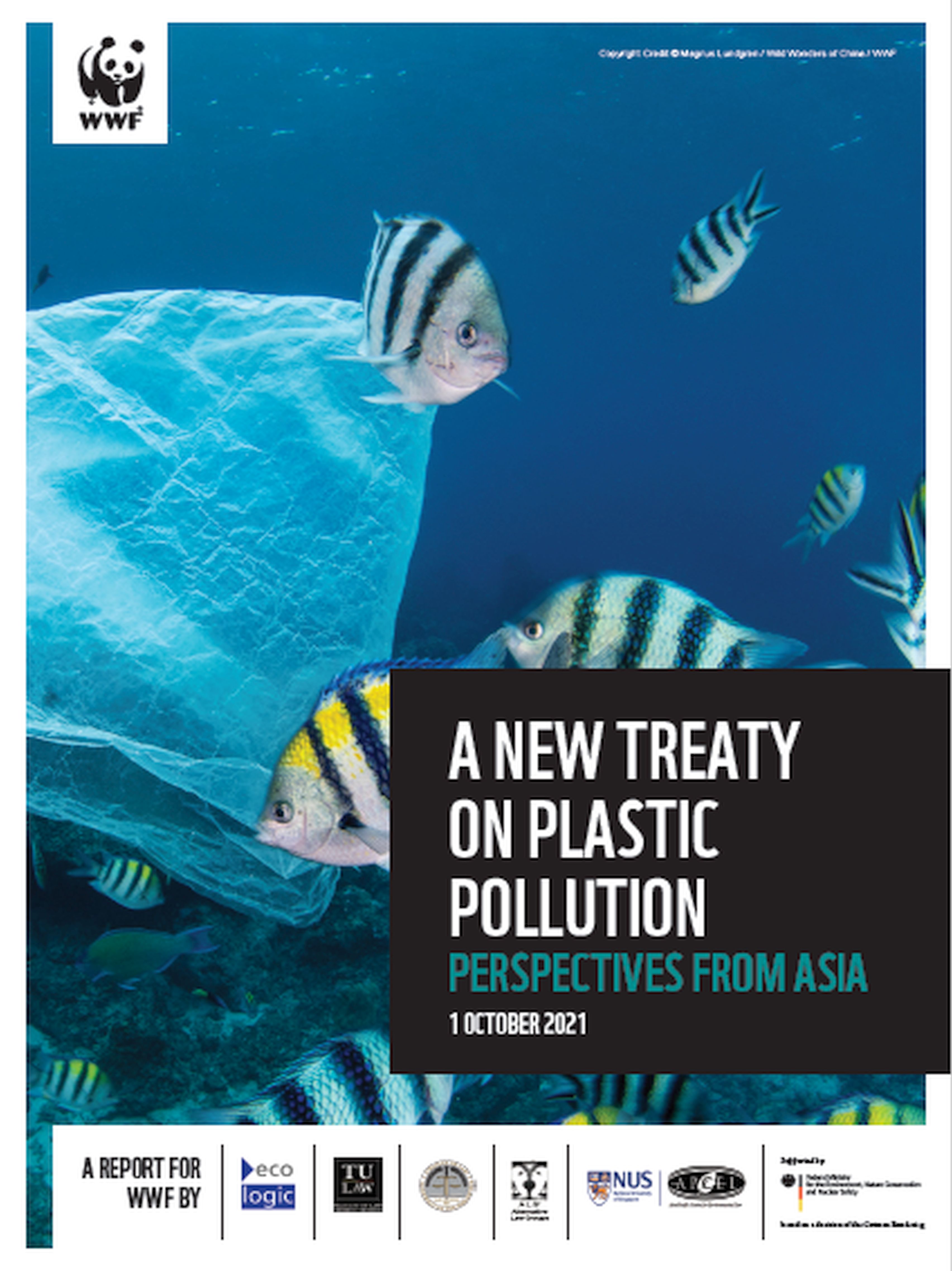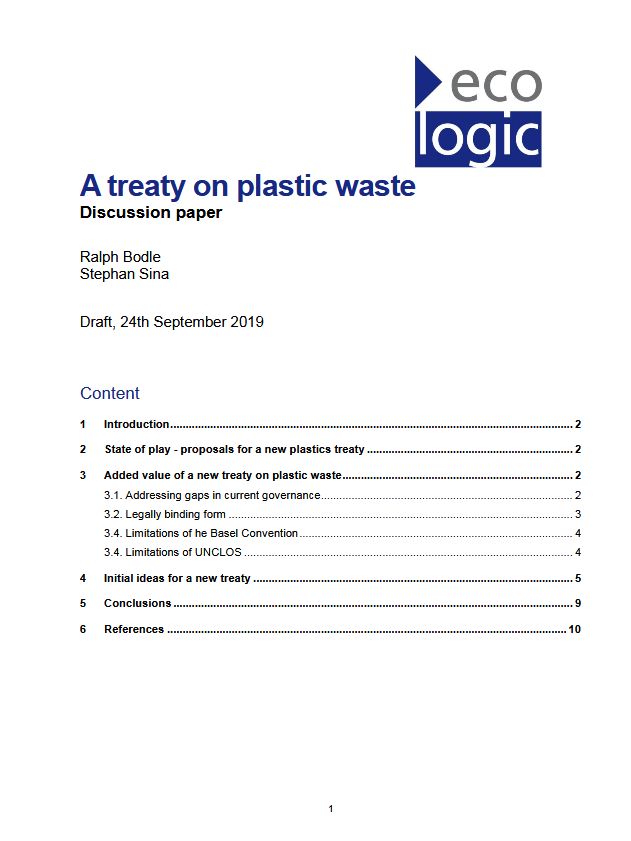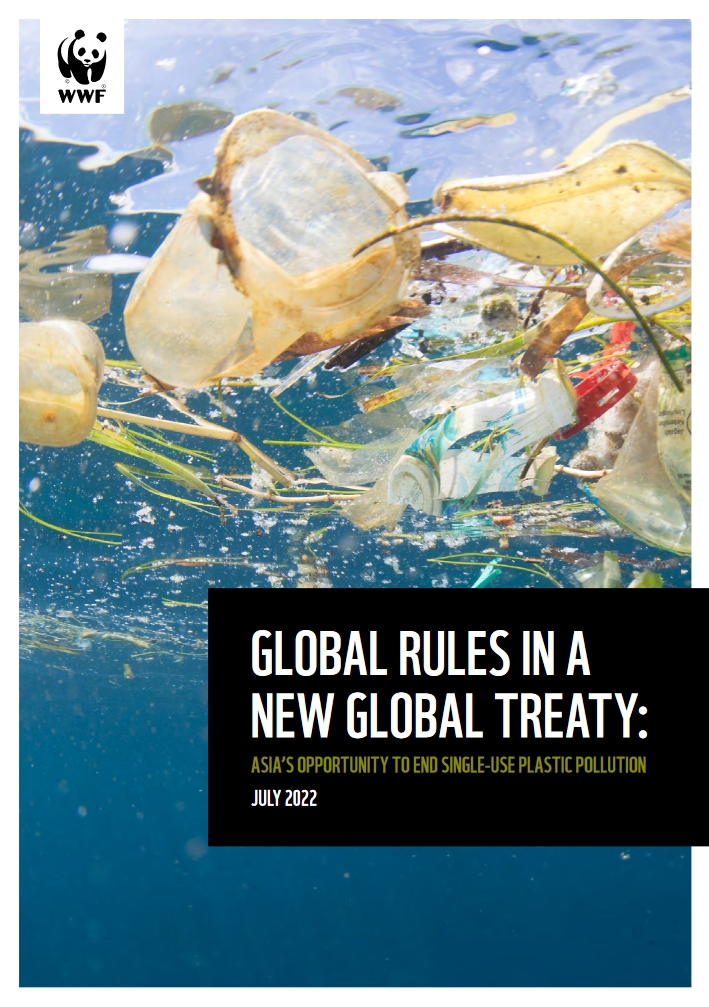© Scientists' Coalition for an Effective Plastics Treaty
UN Negotiations on a Potential Plastics Agreement were Stuck in Nairobi
A long way to go
- News
- Date
-
-
- Location
- Nairobi, Kenya
The world faces a significant challenge with plastic pollution, affecting every corner of the planet. In March 2022, a historic decision was made to combat plastic pollution by adopting the UN Environment Assembly (UNEA) resolution 5/14. This resolution established an Intergovernmental Negotiating Committee (INC) to develop an international legally binding instrument (ILBI) on plastic pollution, encompassing both binding and voluntary approaches and addressing the entire lifecycle of plastics, including in the marine environment. Doris Knoblauch accompanied the INC-3 negotiations in Nairobi for Ecologic Institute.
During the third session of the INC (INC-3), held in November 2023 in Nairobi, Kenya, delegates discussed the Zero Draft, a document prepared by the INC Chair Gustavo Meza-Cuadra and the INC secretariat, outlining potential measures. However, differing interpretations of the UNEA resolution 5/14 emerged among delegates, particularly regarding the "full life cycle of plastic." Some advocated for measures addressing plastic production, while others focused on downstream measures to eliminate plastic waste. The meeting aimed to advance the ILBI's development using the Zero Draft as a basis, addressing issues not previously considered, and deciding on intersessional work.
Delegates proposed textual submissions during contact group sessions. While an agreement was reached on a mandate for the preparation of a revised Zero Draft, discussions on intersessional work were inconclusive. The INC-3 established three contact groups to address different aspects of the Zero Draft, emphasizing the need for inclusivity in the process.
The Zero Draft aimed to regulate single-use plastics and set ambitious targets with accelerated timelines. The INC-3 discussions covered a range of topics, including a comprehensive lifecycle approach, national action plans, international cooperation, hazardous materials criteria, environmentally sound substitutes, and the vulnerabilities of small island developing states (SIDS).
Despite extensive discussions, an agreement on intersessional work for preparation of INC-4, scheduled for April 2024, was not reached. Delegates agreed on a mandate for the preparation of a revised Zero Draft, incorporating inputs from contact groups and the Synthesis Report (UNEP/PP/INC.3/INF/1) on elements not discussed at INC-2. The revised Zero Draft would serve as the basis for negotiations at INC-4, allowing members to propose additions, deletions, or modifications.
Though the meeting concluded with the adoption of the meeting report, INC-3 showcased challenges in reaching consensus on the scope and approach to addressing plastic pollution. Divergent views on the Zero Draft's content and intersessional work underscored the complexity of negotiating a plastics treaty. While progress was made in compiling submissions for a revised Zero Draft, much work remains for the next session, INC-4. The analysis reflects the dynamic negotiations, emphasizing the importance of inclusive and comprehensive measures to combat plastic pollution globally.
Doris Knoblauch was an observer at the negotiations in Nairobi during the week and, as part of the Scientists' Coalition for an Effective Plastics Treaty (Scientist's Coalition for short), provided various negotiating delegations with scientific information. The Scientist's Coalition is an independent network of scientists around the world who conduct research on plastics, chemicals, and health, covering various disciplines and aspects. A team was on site to answer open questions quickly, scientifically and independently. For instance, Doris Knoblauch contributed to the Fact Sheet Plastics 101.





